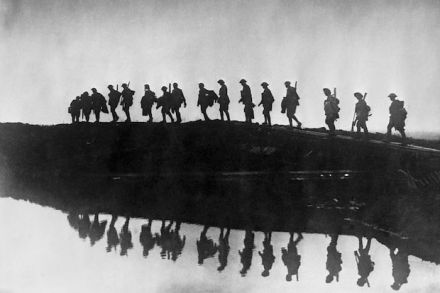Twists, turns and good red herrings
More from BooksJessie Burton’s first novel, The Miniaturist, set in 17th-century Amsterdam, read like a lantern-slide show. Her churches were by Pieter Saenredam, her town-houses those of Vermeer and Gerard ter Borch. Her kitchens and corridors and eaves-dropping maids came from Nicolaes Maes. She proved herself a painterly writer with an eye for the telling detail. The






























